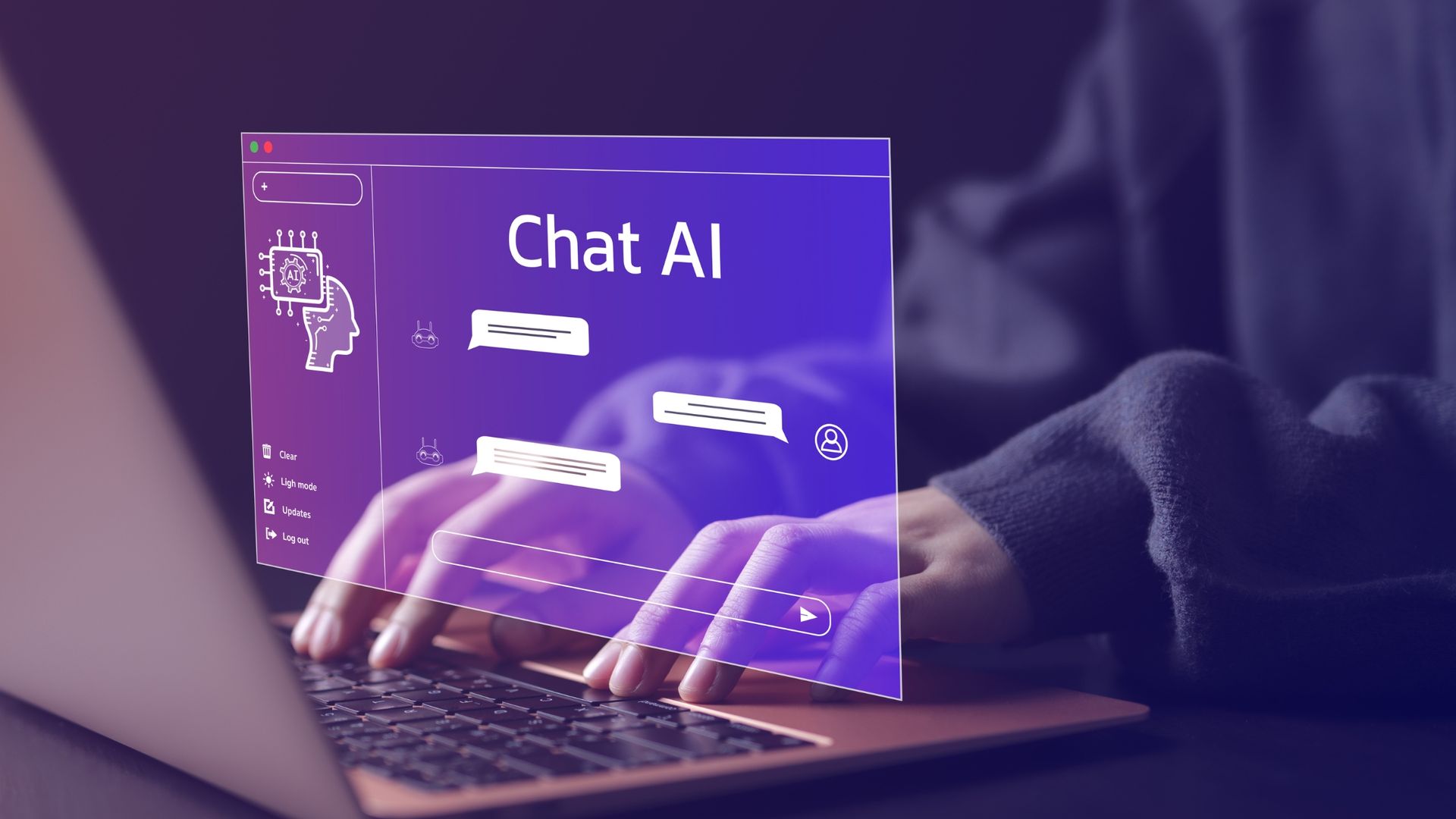With the speed at which technology is evolving, learning AI is necessary for professionals and hobbyists alike.
Artificial Intelligence (AI) is transforming industries the way we live, work, and interact with technology. Be it a beginner or a tech enthusiast who wants to upskill, learning AI in 2025 has never been more relevant. As the demand for AI professionals continues to skyrocket, mastering this field can open doors to exciting career opportunities in machine learning, deep learning, natural language processing, and more.
If you're looking for the best way to learn AI in 2025, you've come to the right place. This broad end-to-end guide will be indispensable in walking you through the basic to specialized steps, equipping you to thrive in the exciting world of artificial intelligence. Whether you are a total beginner looking to learn or an existing professional looking to enhance your skills, this roadmap is sure to guide you through the learning process

Understanding AI: The Foundation
First of all, you needs to understand what AI is. Artificial Intelligence (AI) is the process by which machines, especially computer systems, mimic human intelligence. This includes learning or acquiring information and rules for its use, reasoning or using the rules to arrive at approximate or definite conclusions, and self-correction.
Foundation Setting: Preliminary Knowledge Needed for AI Learning
The groundwork, which is always taken for granted, should be built very strongly before advancing to complex algorithms and models. This comprises basic concepts in mathematics, such as linear algebra, calculus, probability, and statistics, and computer science, like data structures, algorithms, and programming. On the solid base of these, the AI-related concepts will be much easier to learn and follow. If you are not in maths, there are many resources where you may recall these basics.
Choose Your Way: AI Specializations
AI is an extremely broad area of specialization. To specialize is important in the process of learning in the correct direction. Here are some popular areas:
Machine Learning (ML): Algorithms enables computers to learn from data without explicit programming.
Deep Learning (DL): This is a subset of ML using artificial neural networks with multiple layers for analyzing complex data.
Natural Language Processing (NLP): Refers to the aspect of enabling computers to understand, interpret and generate human language.
Computer Vision (CV): It concerned the vision of making computers able to "see" and interpret videos and images.
Robotics: This is the integration of AI with engineering to develop intelligent robots that can work on their own.
Step-by-Step AI Study Plan

Step 1: Establish a Foundation
Mathematics: linear algebra, calculus, probability, and statistics are at the core of understanding algorithms and data analysis.
Programming Skills: Python is recommended as it is easy and rich in libraries, such as TensorFlow and PyTorch. R is also helpful for statistical analysis.
Data Structures & Algorithms: Get to know arrays, lists, trees, and algorithms that help in the optimization of data.
Step 2: Explore online courses
Use online platforms with structured courses that are credible
Coursera: A "Machine Learning" course by Andrew Ng, a "Deep Learning Specialization," and the rest.
edX: MIT's "Data Science Foundations" provides a solid foundation.
Udacity: Their "AI Programming with Python" nanodegree is designed for beginners.
Step 3: Hands-On Projects
Engage in practical projects to apply your knowledge:
Start with a simple project: building a basic chatbot or a recommendation system using datasets from Kaggle.
Start challenging: the learner step by step towards more complex image recognition or even NLP-type projects.
Step 4: Specialization
As you become more confident, you might wish to specialize in areas such as
Machine Learning: Supersized attention to supervised and unsupervised learning techniques.
Deep Learning: Explore neural networks and get familiar with Keras or PyTorch.
Natural Language Processing: Discuss text analysis, sentiment analysis, and generation of language.
Step 5: Engage with the Community
Connect to forums and communities like r/artificial at Reddit or Stack Overflow to share ideas with others and get assistance with difficult problems. Engage in competitions on platforms like Kaggle to sharpen your skills in the real world.
Step 6: Stay updated
AI is a constantly evolving field. One should regularly read blogs and research papers in order to get updated about the trends.
Follow influential AI blogs such as the OpenAI Blog, DeepMind Blog, or KDnuggets for ideas and information.
Subscribe to curated content through the newsletters offered on Towards Data Science or Analytics Vidhya platforms.
Step 7: Continuous learning
AI technology changes very fast, so education needs to be a continuous process. Consider taking advanced courses or attending workshops periodically to expand your expertise.
Best Resources for Learning AI: Online Courses, Platforms, and Communities
The internet has a wealth of resources for AI education. Some of these are:
Online Courses: Coursera, edX, Udacity, and fast.ai are online courses taught by great experts who teach AI.
Online platforms: are also involved. Kaggle is one of them, offering opportunities to learn and practice data science and machine learning by participating in competitions and working with large datasets.
Books and Tutorials: There are hundreds of books and online tutorials available on AI, ranging from beginner-friendly introductions to advanced topics.
AI Communities: Online communities, such as Reddit (r/learnmachinelearning, r/artificialintelligence), and Stack Overflow, can also be useful in terms of getting support and insight.
How to get a job in AI
Career Opportunities in AI: Navigating the Job Market
The demand for AI professionals is rapidly rising. Explore AI roles like a machine learning engineer, data scientist, or an AI researcher. Tailor your skills in order to apply accordingly. Make a strong portfolio presenting your projects. Contribute towards open-source projects to make a better case to the hiring end.
Read : Artificial Intelligence in Business
Ending words
AI needs strategic expertise in 2025. This is an application of both practical and basic knowledge. It can be a rapidly changing profession for which one can become an expert with the help of these step-by-step guidelines, access to the internet, contact with the community, and commitment to lifelong learning. Mastering AI involves two aspects: learning and building a relationship with technology.